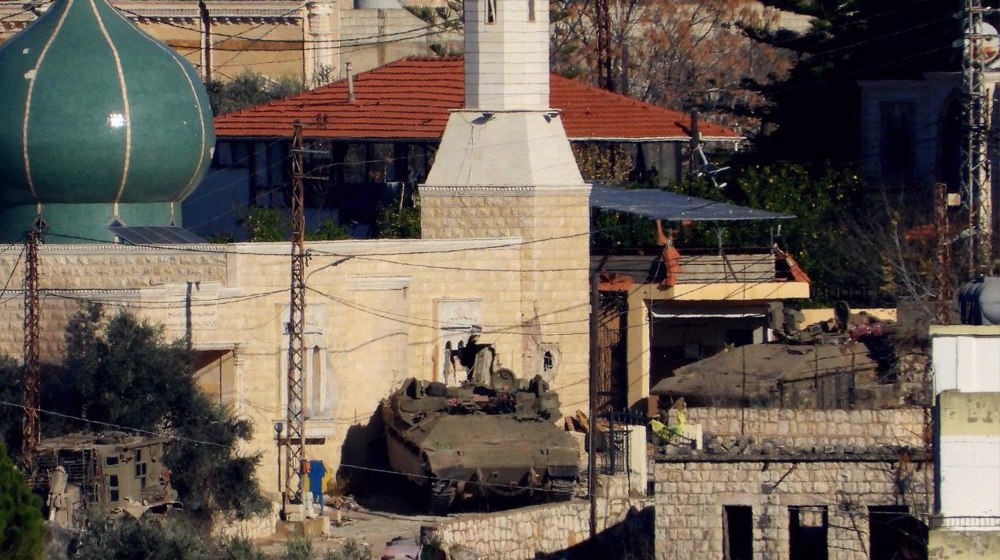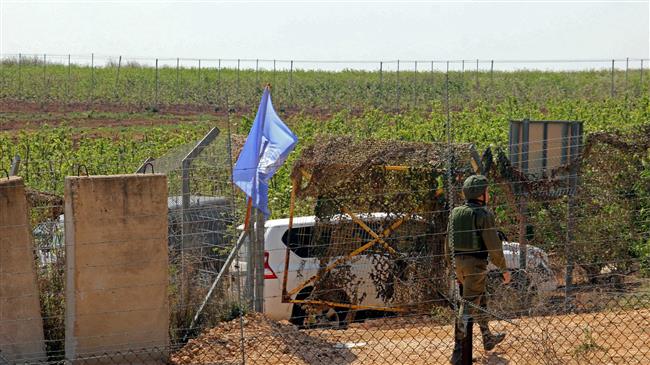Interior minister: General election turnout 49.2 percent
Lebanon's Interior Minister Nohad Machnouk says provisional voter turnout figure of the country's parliamentary elections was 49.2 percent.
"This is a new law and voters were not familiar with it, nor were the heads of polling stations," said Machnouk in a news conference on Sunday.
"Voting operations were very slow," he added.
The latest's figures marked a drop from the 54 percent of voters who took part in the country's last parliamentary elections which was held in 2009.
Machnouk also went on to call on supporters of political parties to avoid celebratory gunfire for the fear of possible casualties.
Earlier in the day, voting begun in Lebanon's first parliamentary election in nine years, with over 500 candidates vying for 128 seats.
Official results are not expected until Monday or Tuesday.
The 128 parliamentary seats are split evenly - 64 for Christians and 64 for Muslims including Druze, with the two halves further divided among 11 religious groups.
Each of the 15 electoral districts has parliamentary seats apportioned according to its demographic make-up.
Lebanon's parliamentary elections were delayed three times since 2009 due to the crisis in neighboring Syria as well as disagreement over the country's new electoral law.
The current Lebanese parliament contains more than 20 different political parties. Its biggest party is the Future Movement, led by Prime Minister Saad Hariri. The next parties are President Michel Aoun’s Free Patriotic Movement, Parliament Speaker Nabih Berri’s Amal Movement and the Hezbollah resistance movement.
An anti-Hezbollah alliance led by Hariri and supported by Saudi Arabia won a majority in the Lebanese parliament in 2009, but it has since disintegrated.
Hariri stunned Lebanon and the world in November 2017 by announcing his resignation in a live television broadcast from Saudi Arabia. He accused Iran and Hezbollah of sowing strife in the Arab world, an allegation rejected by both sides.
A recent document pointed to Saudi Arabia’s "plot" to assert enormous influence on Lebanon's elections.
Analysts expect more than half the seats of the new Lebanese parliament to be won by Hezbollah and its allies. The resistance movement has played a critical role in the Syrian military’s counter-terrorism operations over the past few years.
Dec. 22: ‘Axis of Resistance’ operations against Israeli occupation
‘Abhorrent’: Oxfam says only 12 trucks delivered aid in North Gaza since Oct.
VIDEO | Leader receives religious eulogists on Hazrat Fatima birth anniv.
Pope Francis slams Israel’s ‘machine-gunning’ of Gaza children
US hostage-taking of Iranian nationals violation of intl. law: Deputy FM
VIDEO | Carol Singers for Palestine on London’s Parliament Square
Ansarullah says ‘Israeli terrorists’ incapable of confronting Yemen, warns of secret weapons
VIDEO | Yemenis praise the military for its successful operations against Israel














 This makes it easy to access the Press TV website
This makes it easy to access the Press TV website